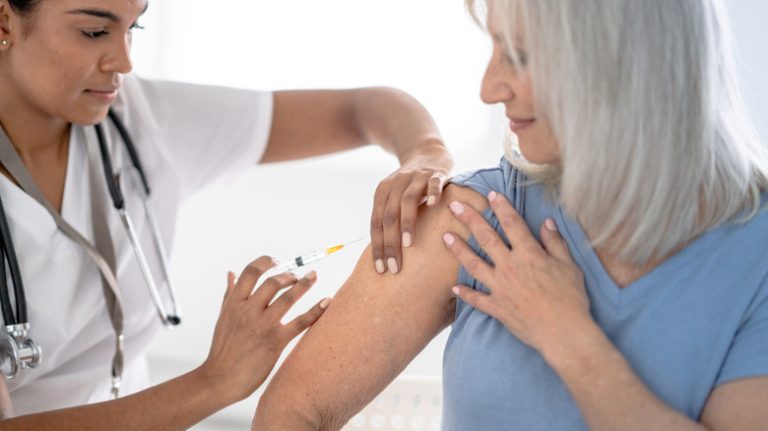It’s easy to get lost in TikTok trends — just open the app and see how quick it is to get sucked in. While trends seem to come and go, one that’s remained pretty popular is #WhatIEatInADay, where TikTokkers share daily videos of all the food they consume in 24 hours (via Cleveland Clinic). This may seem harmless enough but it’s actually pretty problematic, and could even be causing damage.
Everyone’s bodies differ in the number of calories they need per day, according to Medical News Today. Our bodies need calories for energy, which fuel our cells and keep us alive. Without energy, our heart, lungs, and other vital organs would stop functioning and shut down. Calories in the food and drink we consume tell us how much energy we’re getting, and if we got the exact number we needed per day, we’d probably enjoy healthy lives. But we often consume too many or too few calories, which can contribute to health issues.
While the government tells us that the average adult male needs 2,700 calories per day and the average adult female needs 2,200, this actually depends on a number of factors, according to Medical News Today. Everyone needs a different number of calories per day, and this is determined by our age, sex, physical activity levels, weight, height, and overall general health.
How #WhatIEatInADay can lead to harm

Sharing everything you eat in a day may seem innocent, but since everyone has different caloric needs, this actually isn’t helpful. In fact, it can be harmful. When we start comparing our food intake to others, we can experience shame that can lead us to eat less food than we need (per Cleveland Clinic). This could result in disordered eating.
Symptoms of disordered eating include frequent dieting, food-related anxiety, chronic weight fluctuation, rigid routines around food and exercise, and feeling guilt and shame around food (per Academy of Nutrition and Dietetics). Disordered eating can cause a greater risk of obesity and eating disorders, bone loss, gastrointestinal disturbances, low heart rate and blood pressure, and increased anxiety, depression, and social isolation.
By focusing on what others eat in a day rather than listening to our own bodies’ needs, we can learn to misread our bodies’ cues and disregard equity and inclusivity (via Parade). It can perpetuate fatphobia and negatively impact our mental health, detract from actual expert advice, and reinforce diet culture. Since multiple studies have shown that most popular diets don’t tend to work for sustained weight loss, this seems like a trend you may want to skip.
If you are struggling with an eating disorder, or know someone who is, help is available. Visit the National Eating Disorders Association website or contact NEDA’s Live Helpline at 1-800-931-2237. You can also receive 24/7 Crisis Support via text (send NEDA to 741-741).








